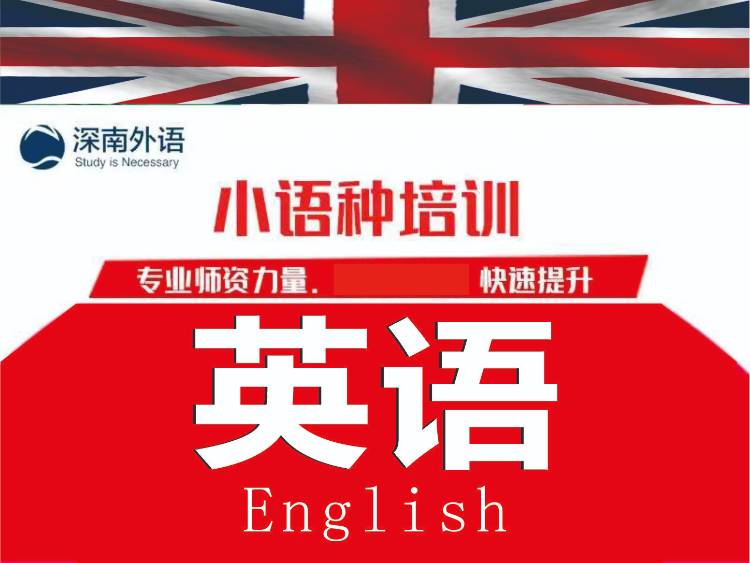職稱英語考試:理工AB類閱讀理解自測精選(3)1
發布者:網上發布
“Salty” Rice Plant Boosts Harvests
British scientists are breeding a new generation of rice plants that will be able to grow in soil containing salt water. Their work may enable abandoned farms to become productive once more.
Tim Flowers and Tony Yeo, from Sussex University’s School of Biological Sciences, have spent several years researching how crops, such as rice, could be made to grow in water that has become salty.
The pair have recently begun a three-year programme, funded by the Biotechnology and Biological Sciences Research Council, to establish which genes enable some plants to survive salty conditions. The aim is to breed this capability into crops, starting with rice.
It is estimated that each year more than 100 hectares (公頃) of agricultural land are lost because salt gets into the soil and stunts (妨礙生長)plants. The problem is caused by several factors. In the tropics, mangroves (紅樹林) that create swamps (沼澤) and traditionally formed barriers to sea water have been cut down. In the Mediterranean, a series of droughts have caused the water table to drop, allowing sea water to seep (滲透) in. in Latin America, irrigation often causes problems when water is evaporated (蒸發) by the heat, leaving salt deposits behind.
Excess salt then enters the plants and prevents them functioning normally. Heavy concentrations of minerals in the plants stop them drawing up the water they need to survive.
To overcome these problems, Flowers and Yeo decided to breed rice plants that take in very little salt and store what they do absorb in cells that do not affect the plants’ growth. They have started to breed these characteristics into a new rice crop, but it will take about eight harvests before the resulting seeds are ready to be considered for commercial use.
Once the characteristics for surviving salty soil are known, Flowers and Yeo will try to breed the appropriate genes into all manners of crops and plants. Land that has been abandoned to nature will then be able to bloom again, providing much needed food in the poorer countries of the world.
1 Which of the following statements about Flowers and Yeo is true?
A They are students at Sussex University.
B They are rice breeders.
C They are husband and wife
D They are colleagues at an institution of higher learning.
2 Flowers and Yeo have started a programme
A to find ways to prevent water pollution.
B to identify genes that promote growth in salty soil.
C to breed rice plants that taste salty.
D to find ways to remove excessive salt from soil.
3 Which of the following is NOT mentioned as a cause of the problem discussed in the passage?
A Natural barriers to sea water have been destroyed.
B The water table has gone down after droughts.
C Sea level has been continuously rising.
D Evaporation of water leaves salt behind.
4 The word “affect” in Paragraph 6 could be best replaced by
A “influence”
B “effect”
C “stop”
D “present”
5 The attitude of the author towards the research project is
A positive
B negative.
C suspicious
D indifferent.












